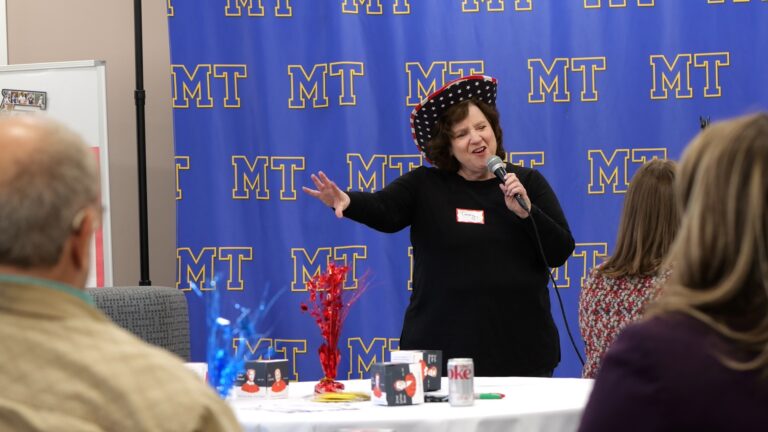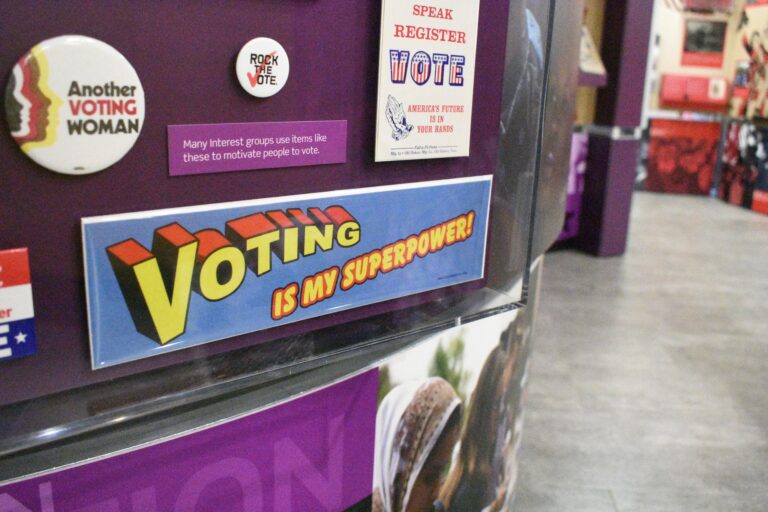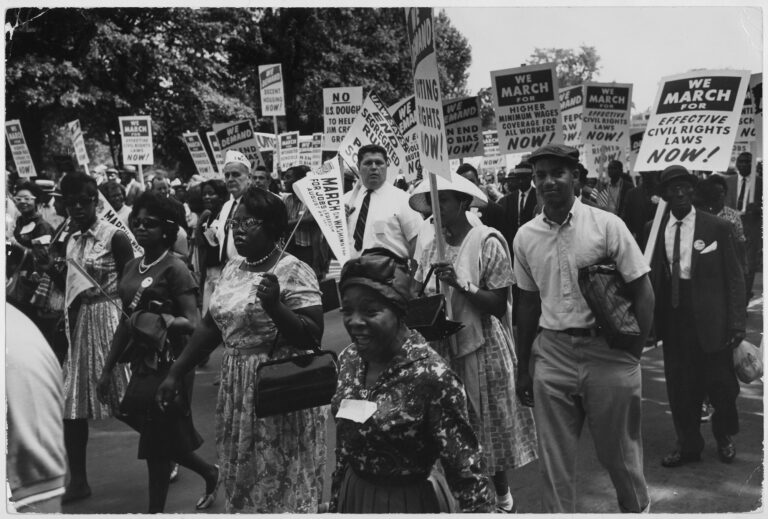“Somerville Museum to Put Community at Center of Live Reading of Frederick Douglass’s 1852 Speech,” by Nicole Kagan in the Boston Globe on June 27.

In 1852, Frederick Douglass gave his speech “What to the Slave is the Fourth of July” to a crowd of abolitionists in Rochester, N.Y. On Wednesday, a group of Bostonians will take turns reciting the same speech at a public market in Somerville.
The reading, hosted by the Somerville Museum, is free and every attendee is welcome to take part, aided by a printed handout.
“It’s about spreading awareness about who Frederick Douglass was,” said the museum’s assistant director, Alison Drasner. “We want to encourage conversation about race and racial relations and about what the holiday means to different people in the country.”
The event, which will take place at Bow Market, is supported by Mass Humanities, a nonprofit dedicated, in part, to keeping the state’s history alive through community events. This summer, through the “Reading Frederick Douglass Together” program, the organization sponsored over 35 recitations of the speech that started in April and will continue into the fall.
The Somerville Museum has hosted readings of a 45-minute abridged version of Douglass’s July 5th speech since 2019, including a Zoom recitation in 2020. Drasner will assign paragraphs to participants who have RSVP’d beforehand, but attendees may also volunteer to read by lining up at the microphone.
“It’s not a theater production. It’s not a lecture. It’s really a conversation,” Drasner said. “We want people to feel comfortable in the space. So we’re keeping a casual sort of setup in that respect.”
The Somerville Museum intentionally hosts the event outside of the museum to reach a larger audience, Drasner explained. This way, people who are simply walking by can decide to take part on a whim.
According to the Mass Humanities website, the only guideline for the readings is that a group of people read the speech to the end, “where and how they do it and what they do before and after, are all up to the local event planners.”
After the Somerville reading, there will be a community discussion led by Kyera Singleton, executive director of the Royall House and Slave Quarters in Medford and a current Harvard University fellow. She’ll give context for the speech, which explores the moral and constitutional arguments against the slave trade, explain the ways Douglass’s words are still relevant today, and ask participants to respond to them.
In the past, Drasner said, the conversations have been animated, but also thoughtful and respectful.
“We don’t promote it as a celebration of the 4th of July,” Drasner said. “That is not what it is. It’s more of a come, be a part of this conversation, and take away from it what you will.”




